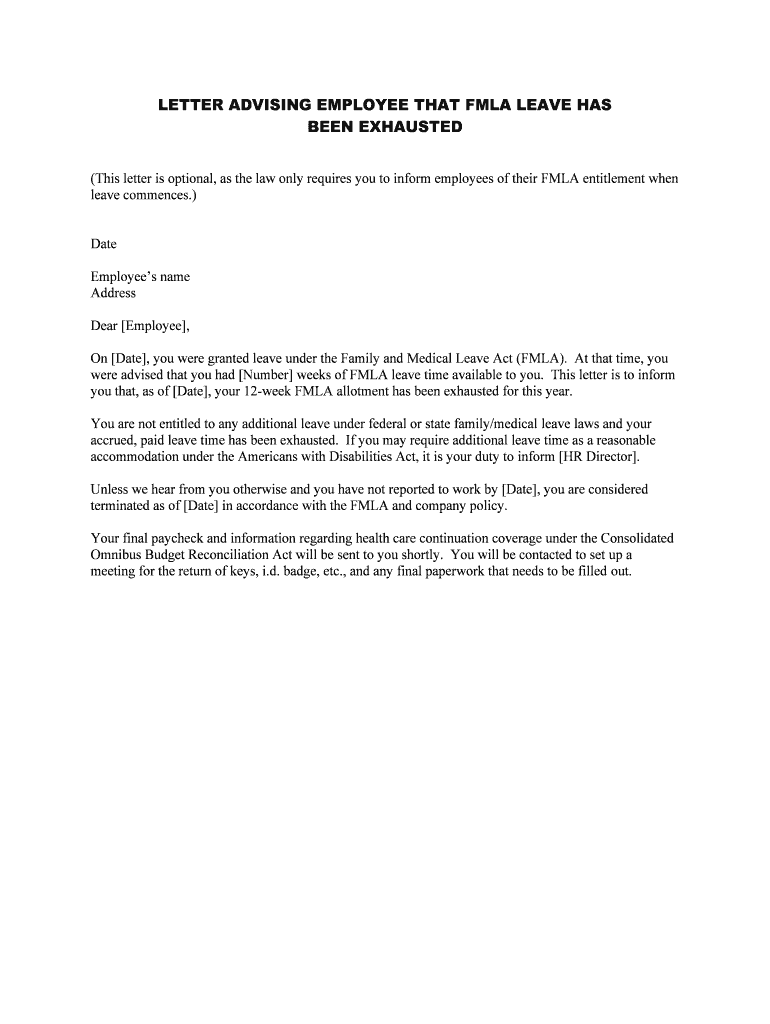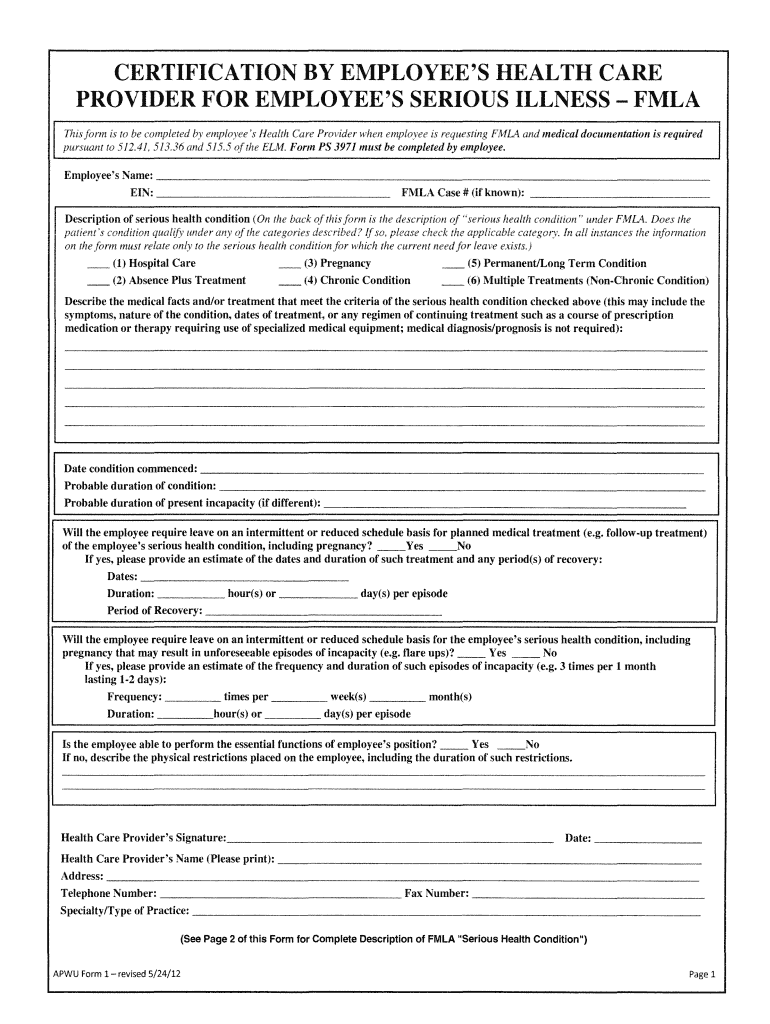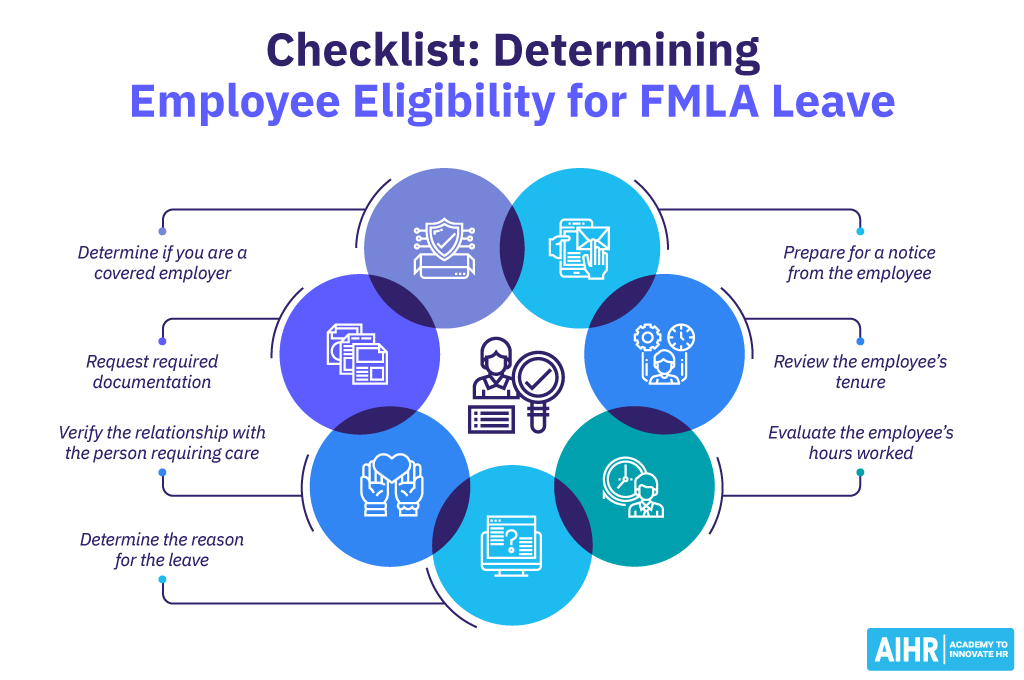Can Your Employer Legally Reject Your FMLA Paperwork?

When an employee needs to take leave due to serious health conditions, the arrival of a new child, or caregiving responsibilities, they often turn to the Family and Medical Leave Act (FMLA) for protection and job security. However, the process of obtaining FMLA leave isn't always straightforward. One significant concern is whether your employer can legally reject your FMLA paperwork. Let's delve into the intricacies of FMLA, the reasons behind potential rejections, and how you can address such issues effectively.
Understanding FMLA


Before addressing the legality of rejecting FMLA paperwork, it’s essential to understand what FMLA entails:
- Eligibility: Employees must have worked for their employer for at least 12 months, with at least 1,250 hours of service during the previous 12-month period. The employer must also employ 50 or more employees within 75 miles.
- Leave Entitlement: Up to 12 weeks of unpaid, job-protected leave in a 12-month period for reasons including childbirth, adoption, foster care, care of a family member with a serious health condition, or medical care for the employee’s own serious health condition.
- Job Protection: Upon returning from FMLA leave, the employee must be restored to their original job or an equivalent one with equivalent pay, benefits, and other employment terms.
Why Employers Might Reject FMLA Paperwork


Employers can reject FMLA paperwork for several reasons:
- Incomplete Information: The paperwork might lack crucial details or signatures, making it non-compliant with FMLA requirements.
- Eligibility Issues: If an employee does not meet the eligibility criteria mentioned earlier, their request can be rejected.
- Insufficient Documentation: If the medical certification provided does not meet the necessary standards or lacks detail, employers might request a more comprehensive certification.
- Company Policy: Some companies might have additional internal policies or requirements for FMLA leave that aren’t explicitly covered by the Act but still require adherence.
- Fraud or Misuse: Any indication of fraud or misuse of FMLA rights can lead to rejection or disciplinary action.
Legal Boundaries for FMLA Rejection

An employer must not reject FMLA paperwork without legitimate reasons:
- Retaliation: An employer cannot reject the paperwork as a form of retaliation for exercising FMLA rights.
- Disability Discrimination: If an employee’s need for FMLA leave stems from a disability, rejecting the request could lead to disability discrimination claims.
- Procedural Fairness: Employers must follow a fair and consistent process when dealing with FMLA paperwork.
Here's a simple table to illustrate the process of FMLA rejection:
| Reason for Rejection | Employee Action | Employer's Responsibility |
|---|---|---|
| Incomplete Form | Complete and resubmit the form | Inform the employee of the missing information |
| Eligibility | Discuss eligibility with HR | Verify employee's eligibility records |
| Inadequate Certification | Secure a detailed medical certification | Clarify requirements for certification |
| Policy Breach | Adhere to company policy or seek clarification | Consistently enforce company policies |

Steps to Take When Your FMLA Request is Rejected

If your employer rejects your FMLA paperwork:
- Request Written Explanation: Ask for a written notice that explains the reasons for the rejection in detail.
- Review Eligibility: Confirm that you meet the FMLA eligibility criteria and that your reason for leave is valid under the law.
- Correct and Resubmit: If the rejection was due to incomplete information, rectify the issues and resubmit.
- Seek Clarification: Have a conversation or meeting with your HR department to understand any policy requirements better.
- File a Complaint: If you believe the rejection was wrongful, consider filing a complaint with the U.S. Department of Labor’s Wage and Hour Division.
- Legal Advice: Seek counsel from an employment attorney to explore your options further.
📝 Note: If there’s any hint of discrimination or retaliation, seeking legal advice promptly can be vital.
When your FMLA request is rejected, it can be frustrating and confusing. However, understanding your rights and the process can help navigate this challenge. Remember, you have protections under FMLA, and if you follow the correct procedures, you can often resolve issues without significant difficulties. Addressing the rejection promptly and correctly ensures you continue to receive the support you need during important life events or health situations.
What can I do if my employer rejects my FMLA paperwork?

+
First, ask for a written explanation of the rejection. Review your eligibility, correct any missing information, and resubmit your request. You might also want to discuss the issue with HR, file a complaint with the Department of Labor, or seek legal advice.
Can my employer reject my FMLA request if I haven’t worked for the company long enough?

+
Yes, if you don’t meet the eligibility criteria (12 months of employment and 1,250 hours worked), your employer can legally reject your FMLA request.
Is it legal for my employer to reject my FMLA request based on a disability?

+
No, rejecting an FMLA request because of an employee’s disability could constitute disability discrimination and potentially violate the Americans with Disabilities Act (ADA).